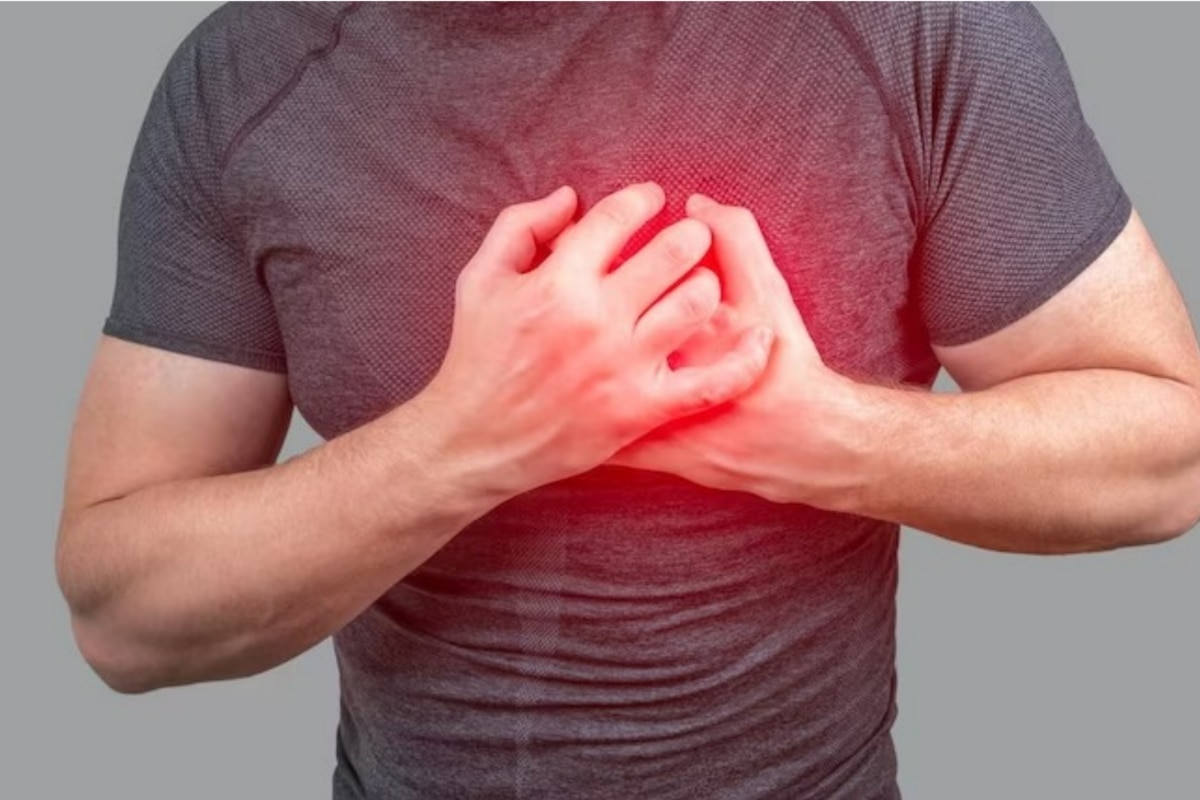A few easy changes to your diet, along with exercise and other heart-healthy practices, can help you control high cholesterol naturally.
A person’s diet has a significant impact on how healthy their cholesterol levels are. Eating foods that keep cholesterol levels in a healthy range can help prevent health problems like heart attack or stroke. Cholesterol is a waxy molecule that circulates in the circulation as a component of two lipoproteins: low-density lipoprotein (LDL) and high-density lipoprotein (HDL) (HDL). LDL cholesterol is commonly known as “bad” cholesterol because it causes fatty deposits to form in the blood vessels. These deposits can block blood flow and lead to heart attacks or strokes. HDL, or “good” cholesterol, helps remove cholesterol from the body through the liver. High HDL cholesterol levels can reduce the risk of heart disease and stroke.
What exactly is cholesterol?
Cholesterol is a fatty, waxy molecule found in the blood that is created naturally by the liver. Cholesterol has many jobs in your body, but having too much in your blood can be dangerous. Elevated blood cholesterol levels are mainly caused by eating foods that are not part of a heart-healthy dietary pattern. Following a heart-healthy eating pattern will allow you to eat foods that are naturally low in unhealthy fats and high in good fats.
Will a cup of oatmeal help you lose weight? Why don’t you try a handful of almonds? A few easy changes to your diet, along with exercise and other heart-healthy practices, can help you lower your cholesterol.
How can I lower my cholesterol with diet?
Here are some dietary actions you can take to lower your cholesterol:
• Increase your intake of soluble fiber.
• Reduce your intake of saturated fat.
• Trans fats should not be eaten.
• Eat a variety of foods.
• Increase your intake of soluble fiber: This is a type of fiber that is soluble in water. Soluble fiber binds to bile (which contains cholesterol) and is excreted with the body’s waste.
• Reduce your intake of saturated fat: Saturated fat is a solid type of fat at room temperature. Saturated fat is commonly found in foods like meat and dairy products.
• Trans fats should not be eaten: Trans fats are a byproduct of the reaction of liquid vegetable oil with hydrogen. While this is encouraging news, it does not imply that fast food and processed foods are completely safe. They can contain a lot of saturated fat. Also, due to their cooking procedure, they may still contain trans fats (such as frying).
• Eat a variety of foods: When trying to achieve healthy cholesterol levels through nutrition, it is essential to have meals that include a variety of fruits, vegetables, whole grains, protein sources, low-fat dairy/dairy substitutes, and fats. .
Conclusion:
Keep in mind that there are several forms of cholesterol. While “good” HDL cholesterol may be advantageous to your health, high levels of “bad” LDL cholesterol have been associated with increased risk of heart disease, heart attack, and stroke, particularly when it becomes oxidized. This is due to the fact that oxidized LDL cholesterol is more prone to sticking to artery walls and forming plaques that clog these blood channels.
$(document).ready(function(){
$(‘#commentbtn’).on(“click”,function(){
(function(d, s, id) {
var js, fjs = d.getElementsByTagName(s)[0];
if (d.getElementById(id)) return;
js = d.createElement(s); js.id = id;
js.src = “//connect.facebook.net/en_US/all.js#xfbml=1&appId=178196885542208”;
fjs.parentNode.insertBefore(js, fjs);
}(document, ‘script’, ‘facebook-jssdk’));
$(“.cmntbox”).toggle();
});
});
